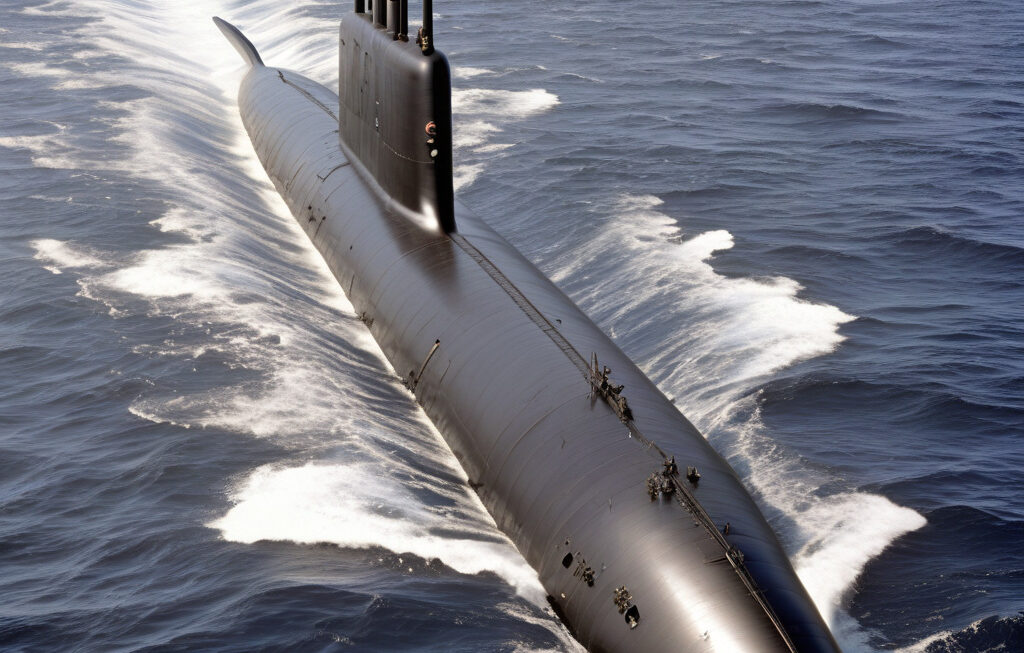Seawater to be Turned into Fuel to Power Ships, Eliminate Diesel Usage in Sea Travel
Researchers are planning to turn seawater into hydrogen that can be used as fuel. The innovation aims to revolutionize the maritime industry by providing a sustainable alternative to traditional diesel-powered engines. With the global focus shifting towards reducing carbon emissions and combating climate change, this breakthrough could not have come at a better time.
The process of converting seawater into fuel involves extracting hydrogen from the water through a technique called electrolysis. By using renewable energy sources such as solar or wind power to drive this process, the resulting hydrogen can be stored and utilized to power ships. This means that instead of relying on fossil fuels, vessels can now harness the immense potential of the world’s oceans to propel themselves forward.
One of the key advantages of using seawater-derived fuel is its environmental friendliness. Unlike diesel, hydrogen fuel produces zero emissions when burned, making it a clean and sustainable option for maritime transport. This shift towards green energy is crucial in reducing the carbon footprint of the shipping industry, which is known to be a significant contributor to air pollution and greenhouse gas emissions.
Furthermore, the abundance of seawater makes this fuel source highly accessible and cost-effective. Unlike traditional fuels that rely on extraction and transportation processes, seawater is readily available and does not require extensive resources to procure. This means that not only is seawater-derived fuel better for the environment, but it also has the potential to reduce operating costs for shipping companies in the long run.
In addition to its environmental and economic benefits, seawater-derived fuel also offers a more sustainable solution for long-distance sea travel. By eliminating the need for frequent refueling stops, ships powered by hydrogen fuel can operate more efficiently and cover greater distances without interruptions. This could have significant implications for industries that rely on maritime transport for global trade and commerce.
While the concept of turning seawater into fuel may still be in the research and development stage, the potential impact it could have on the maritime industry is immense. By embracing innovative technologies and sustainable practices, the sector has the opportunity to lead the way in reducing greenhouse gas emissions and promoting a greener future for sea travel.
As researchers continue to refine the process of seawater electrolysis and scale up production capabilities, we can expect to see more ships making the transition to hydrogen fuel in the coming years. This shift towards cleaner energy sources not only benefits the environment but also sets a positive example for other industries looking to reduce their carbon footprint and embrace sustainable practices.
In conclusion, the prospect of seawater-derived fuel powering ships represents a significant step forward in the quest for sustainable sea travel. By harnessing the power of the world’s oceans to propel vessels, the maritime industry has the potential to reduce its environmental impact and pave the way for a cleaner, greener future. It is clear that the era of diesel-powered ships may soon be eclipsed by a new age of hydrogen-fueled maritime transport.
seawater, fuel, ships, diesel, sea travel












